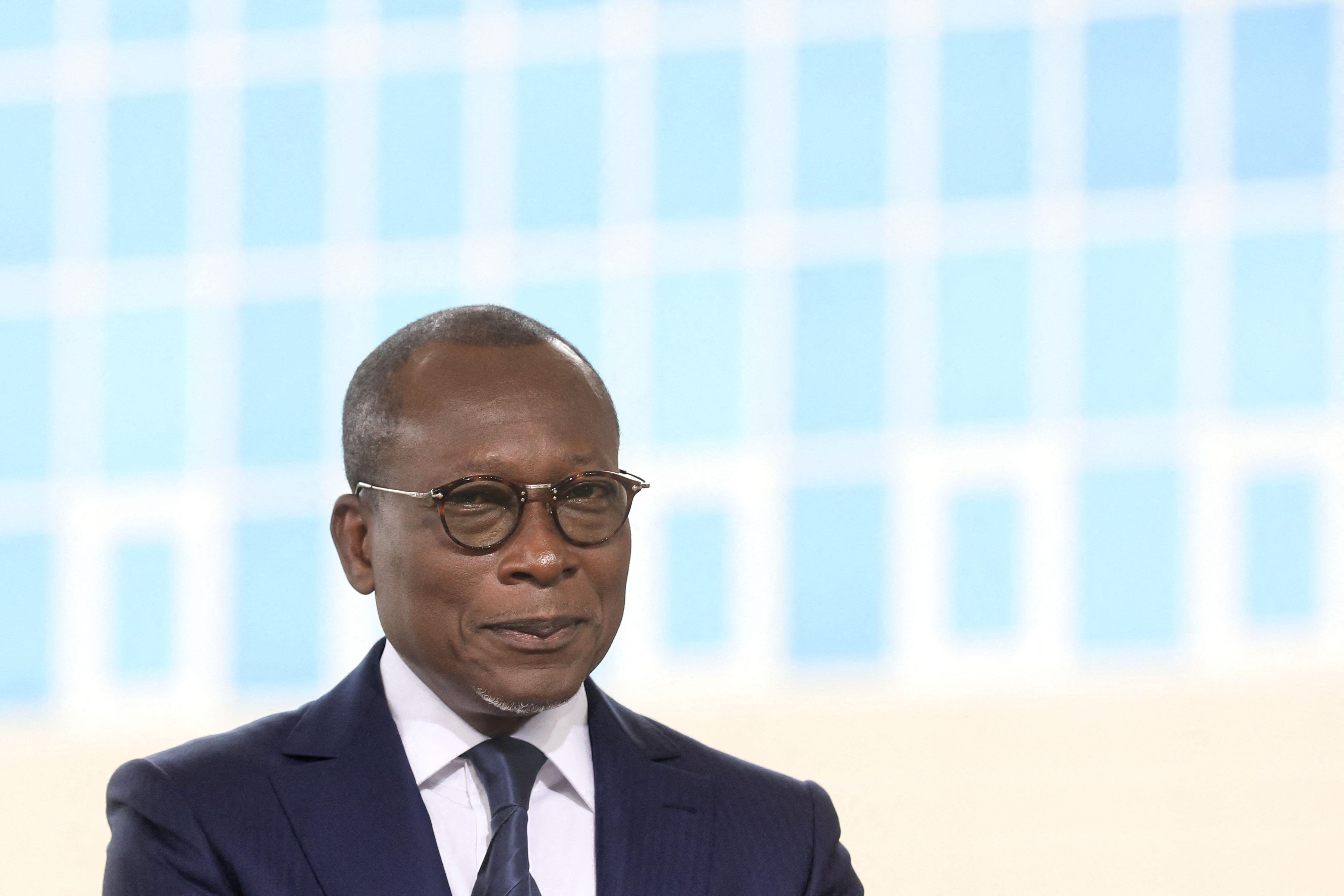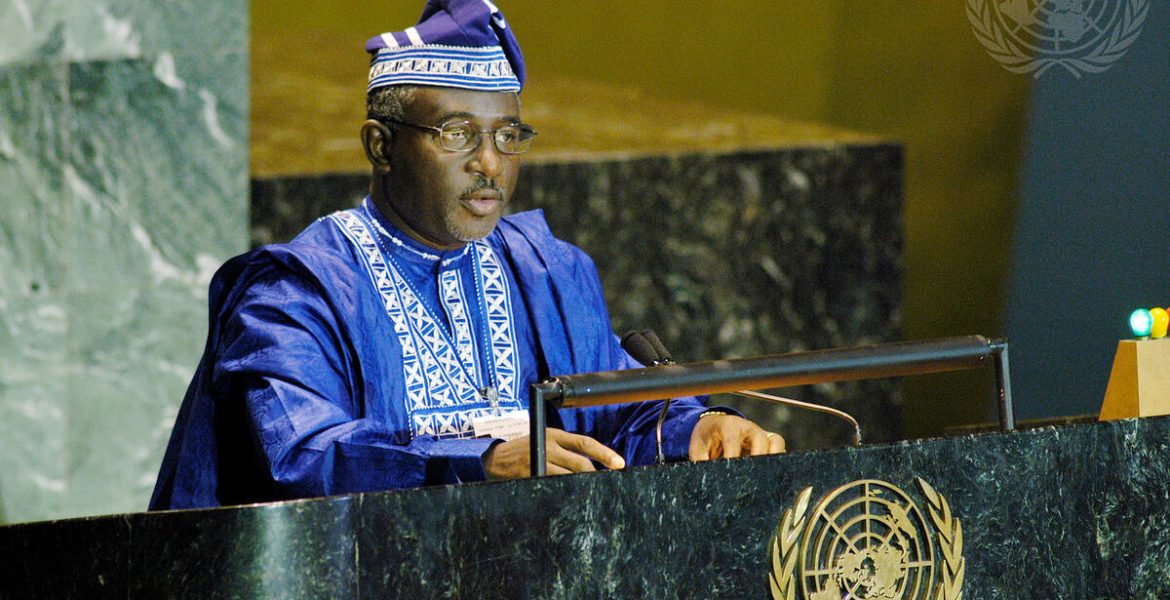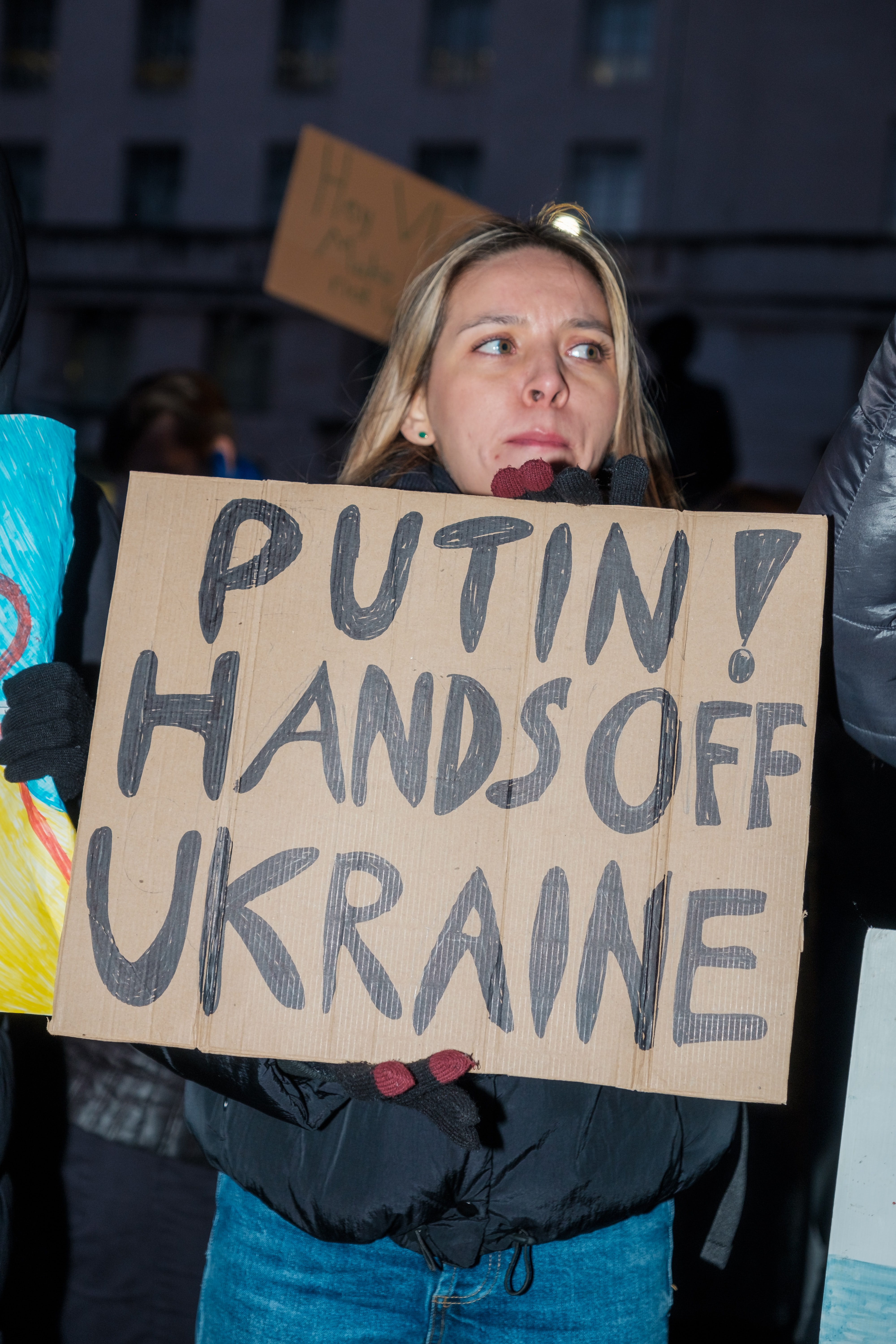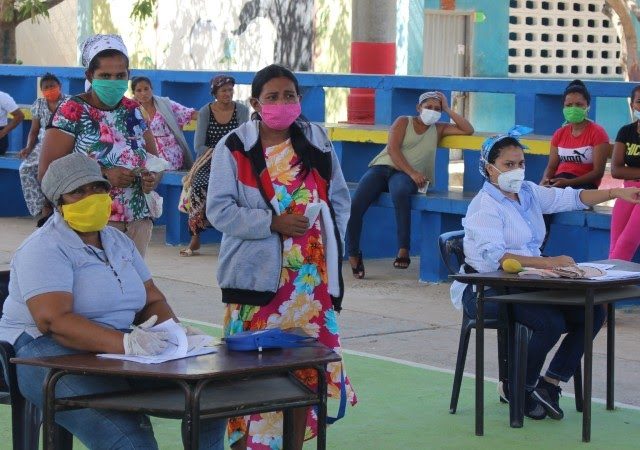On Tuesday 27 September, the issues of human rights and political oppression in Benin were raised at the 51st session of the UN Human Rights Council in Geneva, composed of 47 member states, in which Benin is occupying a seat until 2024.
An oral statement co-sponsored by two NGOs, CAP/ Liberté deConscience (France) and Human Rights Without Frontiers (HRWF) expressed their concerns about the ongoing backsliding of democracy and human rights in Benin since President Patrice Talon came to power in 2016.
On the same day, HRWF launched its report about the situation in Benin in which the Brussels-based NGO focused on several topics of particular concern, including the massive arrests of peaceful demonstrators, political opponents and party leaders in 2021, the loss of independence of the judiciary and the creation of a special court for the prosecution of economic crimes and terrorism (CRIET) instrumentalised the regime to prosecute political rivals on fabricated charges.
The HRWF report focuses in particular on the sentencing of two candidates of the 2021 presidential election, Reckya Madougou and Joël Aivo, respectively sentenced to 20 and 10 years in prison, as well as the lack of media freedom and breaches of freedom of assembly and police violence.
In their oral statement, the two NGOs recalled that in May 2021, the African Commission on Human and Peoples’ Rights adopted a Resolution in which it declared to be deeply concerned by the restrictions on civic space and the crackdown on demonstrations by the army resulting in loss of lives, abuses and violations.
The HRWF report also mentions a call of the New York Centre for Foreign Policy Affairs to the US at the end of a 73-page study to recommend the nomination of President Talon and his supporting associates for sanctions under the Global Magnitsky Act. HRWF also recommends in their the nomination of President Talon and his associates for sanctions under the EU Global Human Rights Sanctions Regime.

Rogatien Biaou, former Foreign Minister of Benin and the President of the Alliance Patriotique Nouvel Espoir, commented on the current situation in Benin: “I do have strong faith that we will return to a truly democratic path. We really were a stable and committed democracy from 1990 until 2006, with peaceful, democratic transitions of power via elections in a multiparty system. We built that foundation for ourselves. But we must not underestimate the current challenge. The problems we are facing have become systemicsince 2016.”
Biaou added: “There is a clear first step to put Benin back onto a democratic path. The country urgently needs the organization of inclusive Assises Nationales (national meetings) to establish a transition for the refoundation of the Republic and the State, the restoration of democracy and the state of law, the reintegration and success of Benin internationally, the revaluation of African culture and national languages,and the influence of Pan-Africanism in all its dimensions. The Assises Nationales are where we must begin and put together all Benin’s sons and daughters to build new hope and consolidate our way towards progress and development.”




